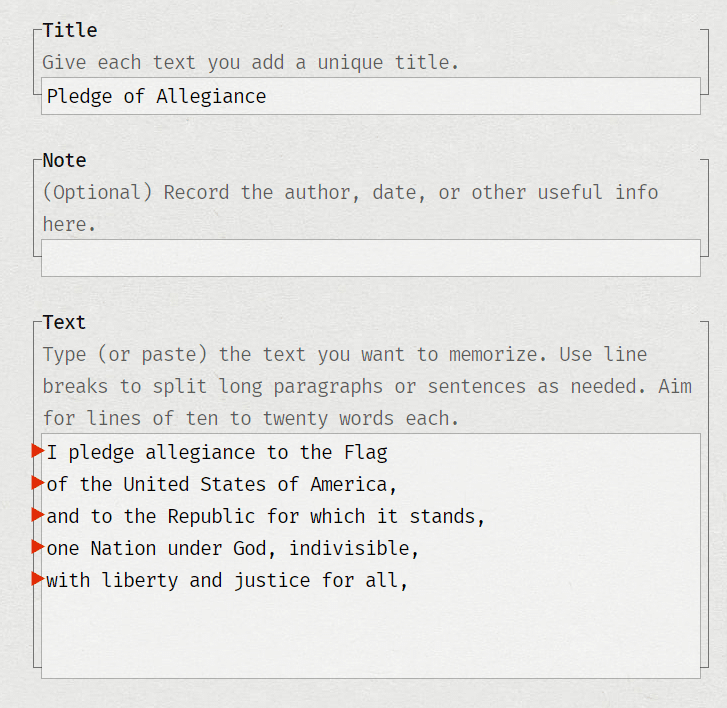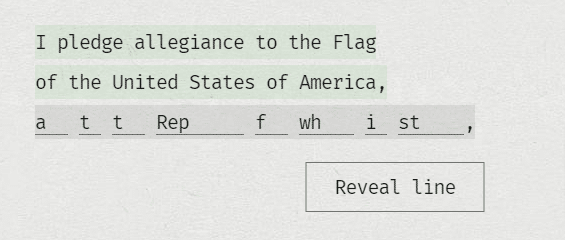I was recently listening to a great podcast about the life of Alexander Hamilton on “How To Take Over the World”. I encourage you to listen the full show yourself, but one piece that stuck out to me was a section about the three ways that Hamilton learned.
From the show:
If you can learn in all three of those ways, so that is book learning, experience, and from other people, they have this kind of synergistic effect, where if you’re just doing one of them you just aren’t gonna learn as fast.
When you can do all three together, I’m learning books, like I’m learning the textbook way to do it, I’m actually getting my hands dirty and getting experience, and I’m learning from people who have done it before. When you combine all three of those, that is the way to supercharge your learning and learn to do anything really fast.
Hamilton was widely regarded as being very intelligent and he worked hard to learn from all three angles:
- Book learning
- Life experience
- Learning from others
It’s the first and third that have always stood out to me. While it’s fantastic to be able to learn from your experience, if you can learn from others (either via books or directly) and save the pain of having to experience it yourself, that’s even better.
If you have a chance, I highly recommend listening to the full episode.


